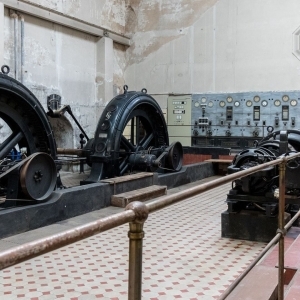
When you select a machine shop for a particular project, their fundamental role involves offering technical knowledge and top-notch machining equipment. As a client, your role is to make sure your designs provide the essential data to the technicians, so as to minimize revisions and unnecessary machining.
For the best results, modern machine shop engineers must be clear regarding the dimensions of the product they need to manufacture. Therefore, your designs must highlight its dimensions in full detail. This clarity is particularly necessary for complex component designs.
Your construction lines must include centrelines for effective plane and symmetry axis definition. Plus, you may include centre mark and centre mark patterns for clarity. You must also define every thread location, size, and length.
You should avoid designs that might need excess machining. For example, minimize designs that cut the majority of the surrounding material. In doing so, you optimize the project's material use too.
Complex components are useful if your design puts it in a key functional role. However, we recommend using a simpler design if it can accomplish the same job. Unnecessary part complexities extend machining time and resources.
You can avoid non-threadable holes by asking for your machine shop's available threads. By doing this, you can efficiently revise your existing prototype design and speed up the entire machining process.
Lastly, make sure everything is legible. Don't add unnecessary measurement label details in your design schematics. Moreover, it is prudent to avoid adding designer text on the machined parts, as machine shops will take much more time to etch the text on your product.
You can always count on us at RWD Tool & Machine for the best machining services in Toronto. Contact us today to learn more about everything that we can do for you.